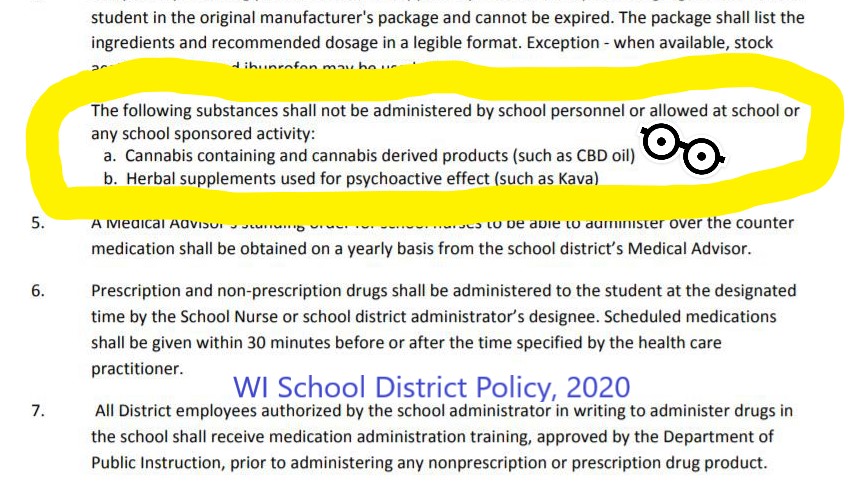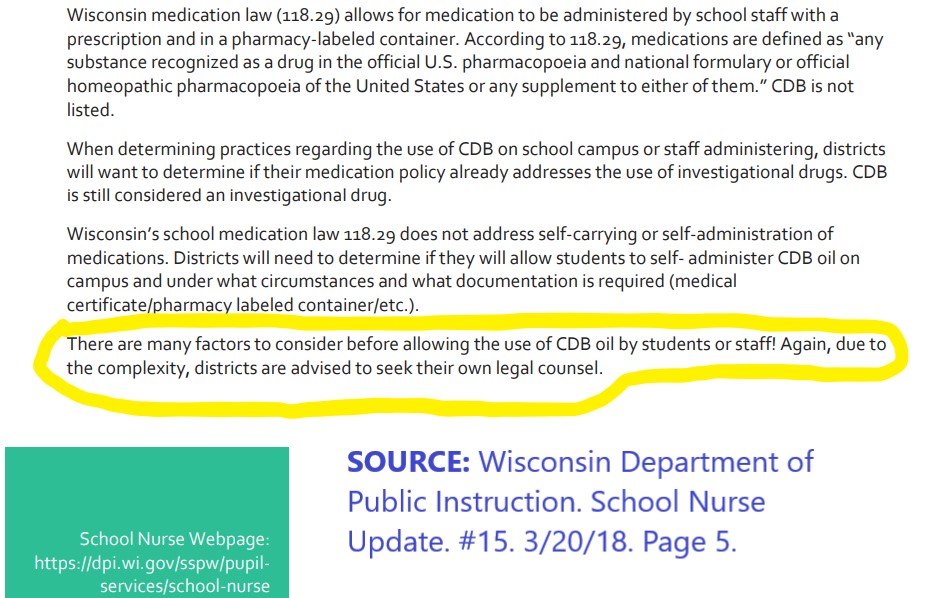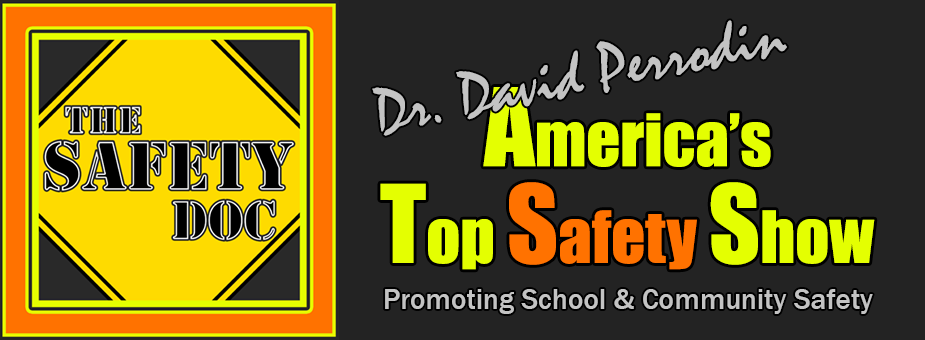Medical CBD Oil In Schools | Brooke Adams vs. Rincon Valley Union School District | FAPE | SDP198
Professional discretion and acting in the best interest of the child affords school district officials options to unravel the snags created by their own protocols and policies webs. What happens when a school district doubles down behind flawed policies? What recourse exists for parents? In this episode, Doc shares an authentic case study from his special education legal issues course. Would you ban a kindergarten student with epilepsy from attending school because of her doctor-prescribed CBD oil?

DIRECT LINK to MP3 of this Episode: https://tinyurl.com/SDP198-AUDIO
THE CASE (The following is copied from Rogoway Law Group, 2018). “Brooke Adams is a five-year-old girl diagnosed with Dravet Syndrome, a rare and severe form of epilepsy. Brooke currently uses medicinal cannabis-derived CBD oil to significantly reduce the frequency of seizures and medicinal cannabis-derived THC oil as an emergency medication to quickly stop seizures once they start. Brooke obtains both oils pursuant to a valid recommendation from a licensed physician. The Rincon Valley Union School District (California) refused to place Brooke on a District campus because it alleged that her medication is not permitted on a school campus or school bus under both state and federal law; instead, in April 2018, the District offered to Brooke an individualized educational program (“IEP”) that included only one (1) hour of home-based schooling each day.”
SPECIAL EDUCATION DUE PROCESS HEARING. Under the Individuals with Disabilities Education Act (“IDEA”), schools are required to ensure that all children with disabilities have access to a free appropriate public education (“FAPE”) that emphasizes special education and related services designed to meet the child’s unique needs. When a parent believes that their child has been denied FAPE (in this case, the parents believed the school district was required to educate Brooke with her peers), they can pursue what is known as a “due process hearing” that compels the state’s department of education to investigate and then rule on findings of whether the school district violated the students procedural rights, failed to provide FAPE, and also the remedy. The special education due process hearing essentially is a trial including lay and expert witnesses, exhibits, testimony, and briefs filed by the parties. Schools are always represented by an attorney, often via their errors and omissions insurance policy. Parents can retain an attorney or represent themselves.
IS CBD OIL ILLEGAL IN SCHOOLS? This varies from state to state, but CBD oil is typically not illegal in schools. However, schools can create policies that ban CBD oil – including CBD oil prescribed by a physician.

REASONS WHY DISTRICTS BAN CBD OIL. CBD oil is a slippery slope as it cannot, per federal law, contain more than .3 percent THC (tetrahydrocannabinol). Anything with more THC is considered a schedule 1 drug by the Drug Enforcement Administration and is federally illegal. CBD oil is not sold through typical state-regulated pharmacies. The purity and level of THC in the product is regulated by the manufacturers and sellers, not the FDA. The methods for measuring the level of THC might not be uniform across manufacturers. School staff can test if CBD oil contains THC, but they wouldn’t be able to determine the percentage of CBD. A school nurse, or designee, administering CBD oil that somehow contained more than .3 THC would be, in fact, committing a schedule 1 federal drug offense! A school nurse could lose his license!
WHY IS THIS A PROBLEM? The Department of Education at the state level is unwilling to give clear guidance on the administration of CBD oil prescribed by a doctor. Instead, state agencies offer vague guidance and direct districts to consult their own legal counsel to inform a stance on the matter.

DISCRETION AND ACTING IN THE BEST INTEREST. School officials had options to remedy this situation before it landed on the judge’s desk. One course of action would have been to modify the school’s board of education policy to permit the administration of CBD oil with a doctor’s order. Another plan might have involved working with the manufacturer of the CBD oil to become better informed, and confident in, the monitoring for THC in the end product. Ultimately, the state should have made a clear ruling affirming the use of CBD oil in school and to hold harmless staff for administration of CBD oil that might contain trace amounts of THC. What would you have done?
RULING. The judge ruled that Rincon Valley Union School District had denied 5-year-old Brooke Adams a “free and appropriate public education” in the “least restrictive setting” — which federal special education law requires. Hooray, Brooke went to school!
This is episode 198 of The Safety Doc Podcast published on 12-13-2022. This podcast and blog post represent the opinions of David P. Perrodin and his guests to the show. The content here is for informational purposes only. Please consult with your safety professional regarding the unique needs of yourself or your organization.
FOLLOW
- Watch this episode on “The Safety Doc” YouTube channel https://tinyurl.com/SDP198-VIDEO
- Listen to this episode on PodBean MP3 https://tinyurl.com/SDP198-AUDIO
- Apple Podcasts http://tinyurl.com/SafetyDocApplePodcasts
- SAFETY DOC WEBSITE & BLOG safetyphd.com
- Follow David & The Safety Doc Podcast on Twitter @SafetyPhD
- Email Dr. Perrodin thesafetydoc@gmail.com
Purchase Dr. Perrodin’s books
School of Errors – Rethinking School Safety in America
The Velocity of Information – Human Thinking During Chaotic Times
